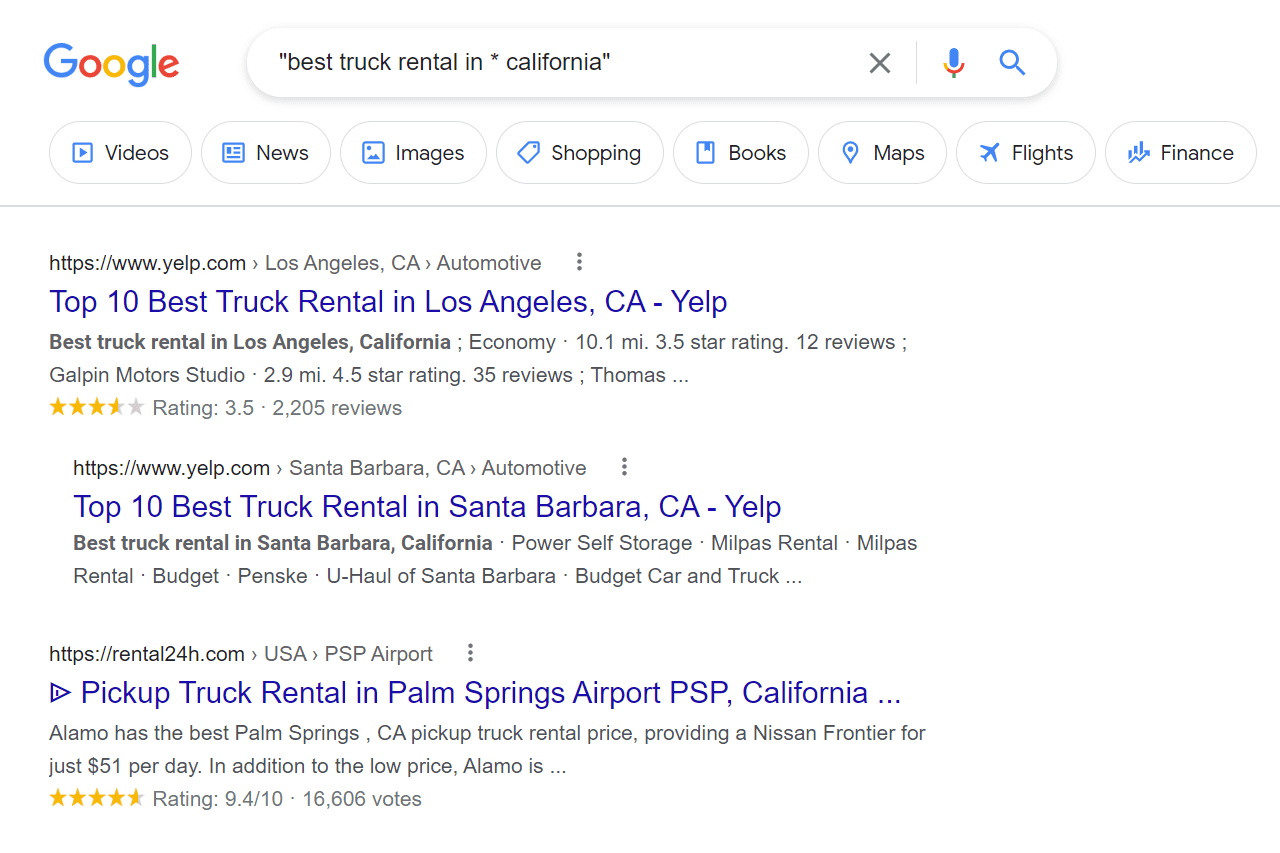How to find the answer to any question online ?

Finding accurate answers online is a valuable skill. Whether you’re troubleshooting a tech issue, conducting Boolean searches for a project, or simply looking for reliable information, the internet offers endless resources, if you know how to navigate them.
With so much information available, cutting through the clutter can be challenging. Understanding how to get answers using AI can help refine searches and improve efficiency. Let’s explore strategies to optimize queries, ensuring precision and reliable results.
Understanding the basics of online research
Before diving into more refined search strategies, it’s important to grasp the fundamentals. Effective online research starts with selecting the right keywords and using reliable sources.
Identifying relevant keywords
The foundation of any successful search is choosing the right keywords. Think of keywords as the bridge between your question and the answer. Start by breaking down your query into its core components. For example, if you’re wondering, “How do I optimize my Wi-Fi speed?”, your long-tail keywords could be optimize Wi-Fi speed or improve Wi-Fi performance.
- Use semantically related terms specific to your topic.
- Avoid overly broad phrases that could lead to irrelevant results.
- Experiment with keyword variations to uncover different angles.
Choosing the right search engine
Not all search engines function the same way. While Google is the most popular, alternatives like Bing, DuckDuckGo, or Startpage may yield different results. For academic or technical research, consider using Google Scholar or Microsoft Academic.
Try Wiseone for free with a 7-day pro trial
no credit card required
Refining search techniques
To improve the accuracy of your search results, you need to use efficient methods. With a few simple tricks, you can cut through the clutter and get to the information you need faster.
Using search operators
Search operators act as filters that help you pinpoint exactly what you’re looking for. Here are a few effective ones:
- Quotation marks (” “): Use these to search for an exact match. Example:
"best AI tools for developers". - Minus sign (-): Exclude unwanted terms. Example:
Python tutorials -beginners. - site:: Search within a specific domain. Example:
site:wikipedia.org quantum computing.
Applying smart filtering options
Most search platforms provide filtering options that allow you to narrow down your results. For example, you can sort by publication date, language, or file format to find the most relevant information. This is particularly useful when looking for research papers, government reports, or industry-specific documents.

Evaluating source reliability
Not all online information is trustworthy. Learning how to assess the credibility of a source is a crucial skill for any researcher.
Verifying website credibility
To ensure the information you find is reliable:
- Check the top-level domain (TLD).
.edu,.gov, and.orgsites are often more credible. - Look for author credentials or organizational affiliations.
- Avoid sites with clickbait headlines or low domain authority.
Cross-referencing information
Never rely on a single source. Compare facts across multiple authoritative domains to confirm accuracy. If three credible sources say the same thing, you can be more confident in the information.
Specialized research tools
If you need precise and in-depth information, general search engines might not be enough. Here’s how to use dedicated research platforms.
Google Scholar for academic research
For scholarly content, Google Scholar provides access to peer-reviewed papers, theses, and books. This is an excellent resource for academic or technical queries.
Domain-specific databases
Depending on your topic, specialized databases can be incredibly useful:
- PubMed for medical research.
- IEEE Xplore for engineering and computer science.
- JSTOR for humanities and social sciences.
Join the Wiseone community
They’re talking about us on social media.
Optimizing your queries
How you phrase your search query directly affects the results you receive. Minor adjustments can yield significantly better outcomes.
Rephrasing the question
Sometimes, tweaking the way you phrase your question can make a big difference. If you’re not getting useful results, try restructuring your query. For example:
- Instead of
"Why is my phone slow?", try"How to fix a slow Android phone?". - Use synonyms or alternative phrasing. For instance,
"AI tools"could also be"machine learning software".
Expanding your search vocabulary
Broaden your search by incorporating LSI keywords (Latent Semantic Indexing). Tools like Thesaurus.com can help you brainstorm alternative keywords that may lead to better results.
Leveraging online communities
Sometimes, search engines don’t have all the answers. Community-driven platforms can provide insights from real-world experiences.
Specialized forums
Online forums are a goldmine of niche knowledge. Platforms like Reddit, Stack Overflow, or Quora host communities of experts and enthusiasts who can provide detailed answers.
- Use the in-site search function to find existing discussions.
- If your question hasn’t been asked, post it with clear, specific details.
Question-and-answer platforms
Sites like Quora allow you to ask questions directly. Be sure to:
- Provide contextual details to get better answers.
- Engage with responses by upvoting or thanking contributors.
Utilizing artificial intelligence
AI-powered tools can help find answers faster and provide structured data analysis.
Virtual assistants and chatbots
AI-powered tools like ChatGPT, Google Assistant, or Siri can provide quick responses or direct you to relevant resources. These are especially useful for voice searches or when you’re on the move.
Data analysis tools
For complex, data-driven queries, tools like Wolfram Alpha can analyze and visualize information, making it easier to interpret.
Developing information literacy skills
Beyond finding information, it’s essential to process and interpret it critically.
Learning to synthesize information
Finding information is only half the battle. The ability to synthesize and summarize what you’ve learned is crucial. Take notes, highlight key points, and organize your findings into a structured summary.
Practicing critical thinking
Always question the information you find. Ask yourself:
- Is this source biased?
- Does the evidence support the claims ?
- Are there alternative perspectives ?
We recommend this resource to you
How do AI response generators work
Why use an AI chatbot for getting answers
What is the purpose of AI generated answers